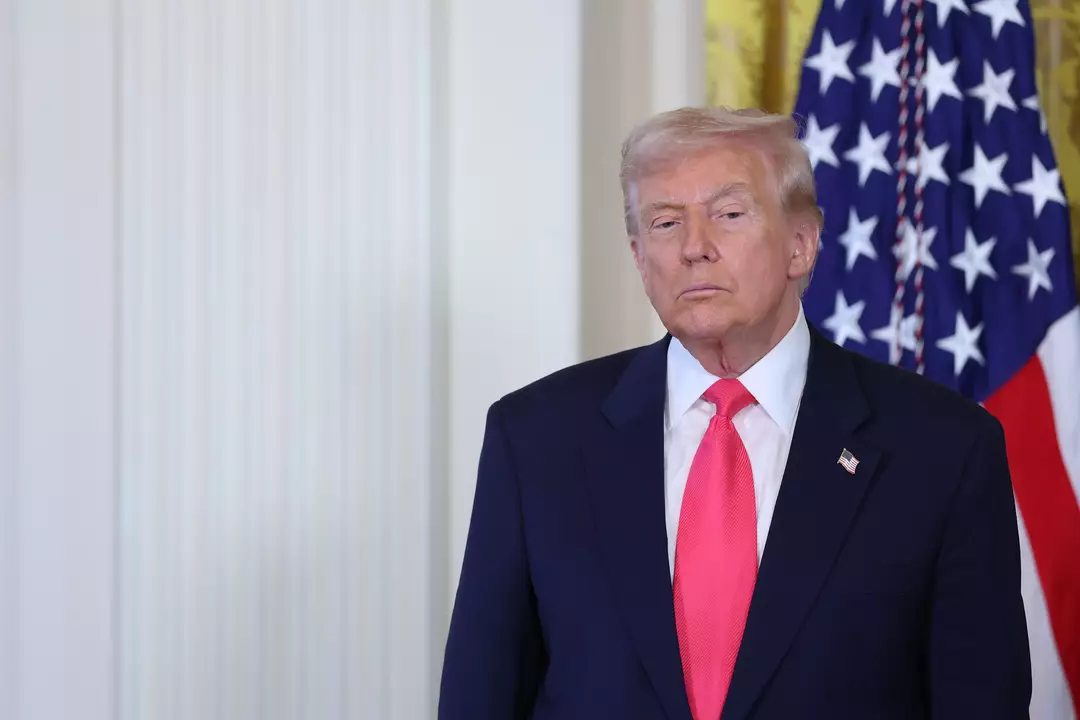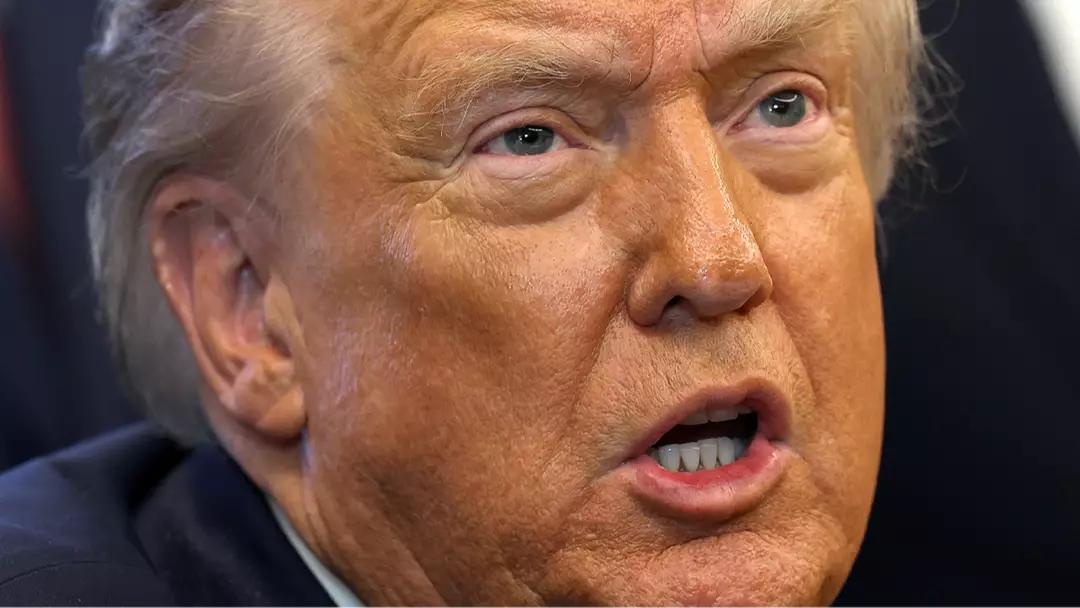On November 18, both the Senate and Congress voted to approve the release of all files related to Jeffrey Epstein. However, several conditions must be met before this takes effect.
Recently, a legislative proposal calling for the disclosure of all Department of Justice files concerning Jeffrey Epstein received approval from the US House of Representatives.
The decision was nearly unanimous, with just one dissenting vote. President Donald Trump has now formally signed the bill after encouraging Republicans to support its release.
This month, documents, including emails, were disclosed by the Oversight Committee. These documents included communications between Epstein and others, such as Ghislaine Maxwell, who is currently serving a 20-year prison sentence.
The President’s name appeared in some of the emails, though Trump has consistently denied any misconduct and claims he was unaware of Epstein’s illicit activities.
Trump did not send or receive the emails and has not been accused of any criminal activity.

Following the release of the emails, Trump issued a sharp statement, accusing the Democrats of ‘pushing the Epstein Hoax again’.
The White House echoed this sentiment, asserting that Democrats ‘selectively leaked emails to the liberal media to create a false narrative to tarnish President Trump’.
Trump made clear his intention to endorse the bill once it reached his desk, and on Truth Social, he confirmed he had done so.
“I HAVE JUST SIGNED THE BILL TO RELEASE THE EPSTEIN FILES!” he declared. “Democrats have used the ‘Epstein’ issue, which implicates them far more than the Republican Party, to distract from our AMAZING Victories.”
The bill contains several provisions, one of which prohibits the Department of Justice from redacting information from documents due to ’embarrassment, reputational harm, or political sensitivity, including concerns involving any government official, public figure, or foreign dignitary’.
However, the DOJ is permitted to withhold information that could ‘jeopardize an active federal investigation or ongoing prosecution, provided that such withholding is narrowly tailored and temporary’.

According to ABC News, the precise details of the documents remain uncertain. Now that the bill has been signed, the DOJ has a 30-day deadline to release all the documents.
The DOJ previously stated that evidence includes ‘a substantial collection of images of Epstein, images and videos of victims who are minors or appear to be minors, and over ten thousand downloaded videos and images of illegal child sex abuse material and other pornography’.
“Only a fraction of this material would have been made public had Epstein gone to trial,” an earlier statement this year indicated.
The DOJ also mentioned that the information was sealed to ‘protect victims and avoid implicating any additional third parties in allegations of illegal conduct’, adding that a ‘comprehensive review found no incriminating ‘client list’.
Jeffrey Epstein died by suicide in 2019 while in federal custody after facing charges related to the alleged sexual trafficking of minors.

